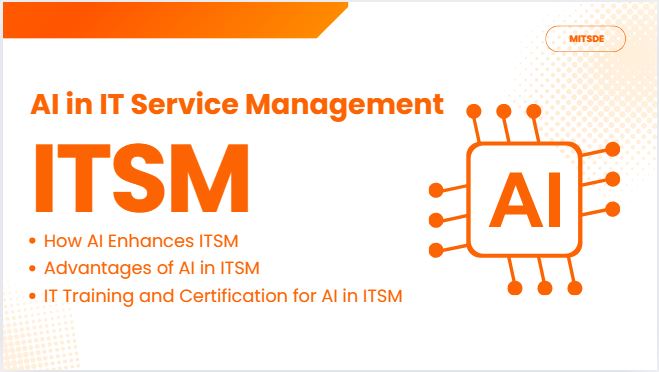Ethics is derived from the Greek word ‘ethos’ (character), and the Latin word mores (customs). Together, they mean how individuals choose to interact with one another. In philosophy, ethics defines what is good for the individual and society and establishes the nature of duties that people owe themselves and one another.
In business terms, ethics are those set of written or unwritten rules that forms the basis of how a company conducts its operations. Ethics are not laws instead they are the code of conduct.
Business ethics are moral principles that guide the company on how to run its business operations, it lays down guidelines for the company’s interaction with other businesses, vendors, government, and society.
Business ethics define the legal, moral, and societal boundaries of behaviour for the company.
They are important for any company as they govern the moral compass and direct its reputation of it. A company’s culture is defined by its ethics.
For example, if a company is engaged in conducting financial fraud, the employees are encouraged to accept this behaviour and even replicate it.
The 12 principles of business ethics are – honesty, integrity, loyalty, leadership, accountability, responsibility, transparency, fairness, compassion, respect for the law, respect for society and environmental concern.
All these principles focus on the code of conducting business honestly, showing integrity towards your work, practising transparency, taking responsibility for your actions, following the laws and being concerned about the environment.
Business Ethics and Brand-
- Reputation – A company runs due to its customers. Creating a positive image of the company is the aim of any marketing team. Brand image, recall, and loyalty are the prime motivators to keep running the business apart from revenue & profitability. A study suggests that customers are willing to 4.55% higher for ethical products.
- Talent acquisition – Just like the customer brand image, the employer brand image is also hampered by unethical practices or a bad reputation of the company. A company with good morals, transparency in its operations, and devoid of legal litigations is preferred by the employees.
- Law enforcement authorities – Getting caught up in legal matters hampers the reputation and functioning of an organization. It may even lead to restrictions or a ban imposed on it. Hence conducting an ethical and legally acceptable business is crucial for survival.
- Financial risk – Similar to legal risk, companies with unethical means of operations face a financial risk of loss, penalties or fines imposed on it. In addition to this, the company loses its trust and reputation.
- Corporate social responsibility (CSR) initiatives – CSR and Business ethics go hand-in-hand. Businesses are accountable for environmental responsibility, philanthropic responsibility, and the impact of their decision on the economy as a whole. Hence being responsible and returning what is due to the ecosystem is imperative.
- Brand name – Today’s generation is more aware of environmental concerns and emphasizes sustainability. Hence developing green manufacturing and delivery processes, zero waste or lean manufacturing, and use of renewable energy creates a positive brand image.
Being a thought leader in the market, promoting and endorsing sustainability and ethical business practices creates a positive impact on the customers, the environment, and the entire society.
Understanding the importance of business ethics is crucial for a manager to direct business practices.
MIT School of Distance Education (MITSDE) is an online learning that believes in a holistic learning experience. Hence, MITSDE offers Executive Post Graduate Diploma (PGDM – Ex) courses in the fields such as Strategic Marketing Management, Banking & Financial services, Human Capital Management, Technology & Operations, Construction & Project, Global Logistics & Supply Chain Management, and Modern Project Management.
The programs are designed to suit the needs of working professionals having the aspiration of becoming the change-makers. The one and half years Post Graduate Diploma in Management (Executive) courses not only improve your professional skills and aptitude but also give you a thorough knowledge of the industry from a bird’s eye view to level up with powerful industry insights and grow in the coming years.


